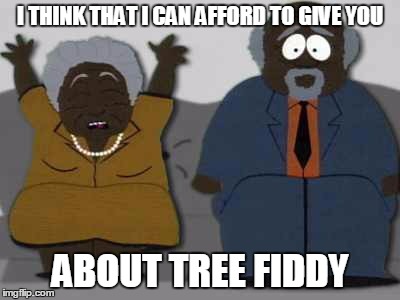A few years ago I invested in a startup tech company that was developing an entirely new way to produce images. The idea was to modify a camera lens using electronics so that any image taken would have an infinite depth of field. This allows an instantaneous image from any point/distance from the lens to infinity to be perfectly focused. The applications of this invention are enormous; microscopy, endoscopy, security cams, satellite imaging, autonomous driving vehicles, defense industry etc.
Last September the company's patent was approved. It received all the proper documentation and the invention is now proprietary. The company is still searching for funding to produce working models and hasn't made any money yet.
Since technically I own a piece of that patent, what is it worth?
Last September the company's patent was approved. It received all the proper documentation and the invention is now proprietary. The company is still searching for funding to produce working models and hasn't made any money yet.
Since technically I own a piece of that patent, what is it worth?





